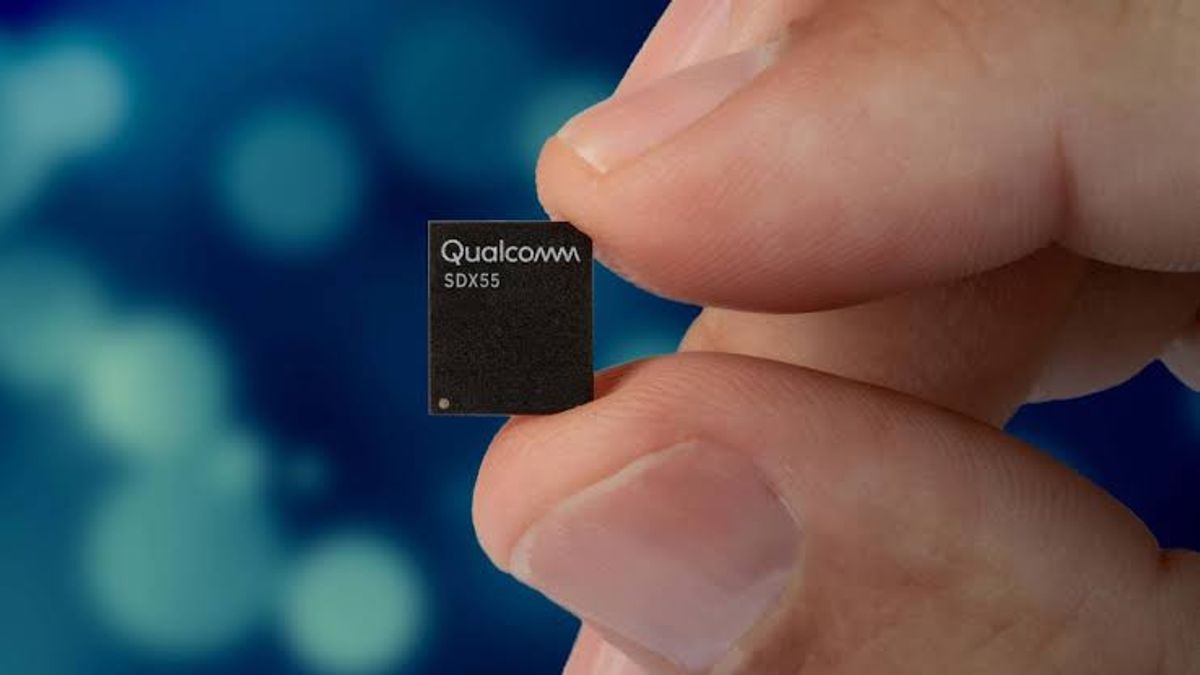JAKARTA - Many are asking when the global chip crisis will end? It seems that this matter cannot find a bright spot, because all of them only answer estimates.
According to a recent report, the United States (US) Department of Commerce has published a report on the semiconductor supply chain. They predict that global scarcity will last until at least the second half of 2022.
"We're even close to getting out of trouble with the supply issue," said US Commerce Department Secretary Gina Raimondo.
Many companies are also very sensitive to this issue. The median stockpile of manufacturers' chips has fallen from about 40 days of supply in 2019 to less than five days, according to a survey of 150 companies worldwide conducted by the US Commerce Department in September.
Even an overseas outage, which may close a semiconductor plant for two to three weeks, could potentially shut down manufacturing facilities and lay off workers in the US if those facilities only have three to five days in stock, Bloomberg and The Washington Post reported.
“COVID-19 outbreaks, hurricanes, natural disasters, political instability, problems with equipment really anything that disrupts a (chip-making) facility anywhere in the world, we will feel the consequences in the US. The COVID-19 outbreak in Malaysia has the potential to close manufacturing facilities in the US," Raimondo said as quoted from Engadget, Wednesday, January 26.
The chip shortage is seriously damaging the businesses of broadband companies, automakers, and medical device manufacturers. Despite initial claims, there is no evidence that chip hoarding contributed to the shortfall.
Demand is also higher, with interest averaging around 17 percent over 2021 compared to the previous two years. In this case, it is concluded, that the government cannot directly end the shortage.
Instead, they rely on private companies to address the challenges by increasing production, optimizing their designs, and limiting the impact on the supply chain.
SEE ALSO:
However, Raimondo said the US Congress must act immediately by approving US President Joe Biden's proposed US$52 billion subsidies through the US Innovation and Competition Act (USICA).
The investment could help rebuild US manufacturing and improve domestic supply chains for years to come. Because if not done immediately, the lack of chips will continue to force car manufacturers around the world to lay off factories and cut production by 7.7 million cars like last year, causing shortages of new and used vehicles.
However, the factories generated from USICA's funds would not be ready for many years, and the bill itself has been delayed. For now, the tech industry will have to solve this dilemma for the most part on its own.
The English, Chinese, Japanese, Arabic, and French versions are automatically generated by the AI. So there may still be inaccuracies in translating, please always see Indonesian as our main language. (system supported by DigitalSiber.id)


















